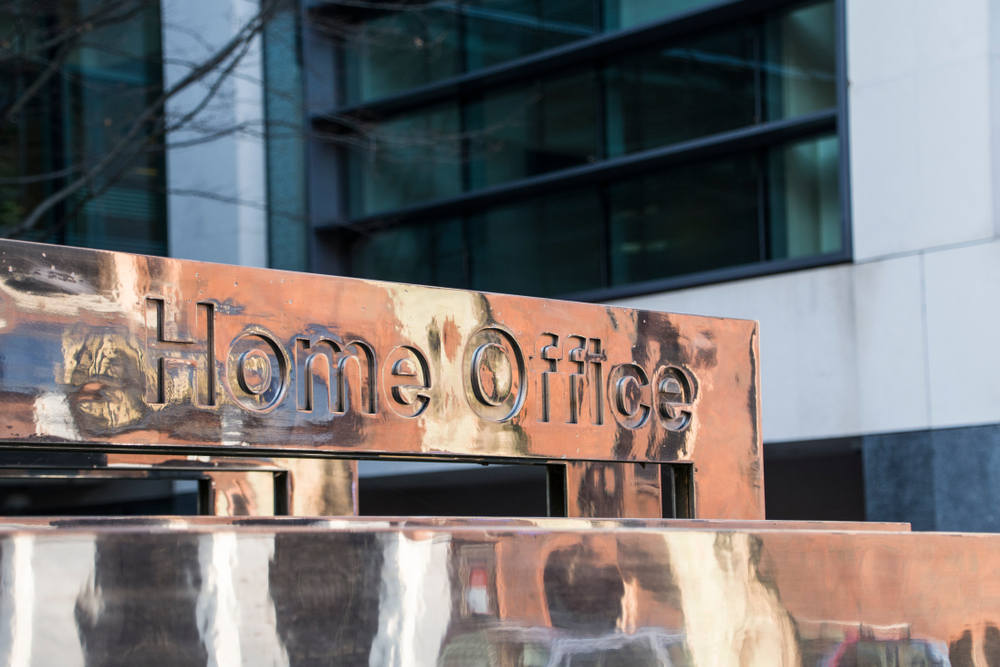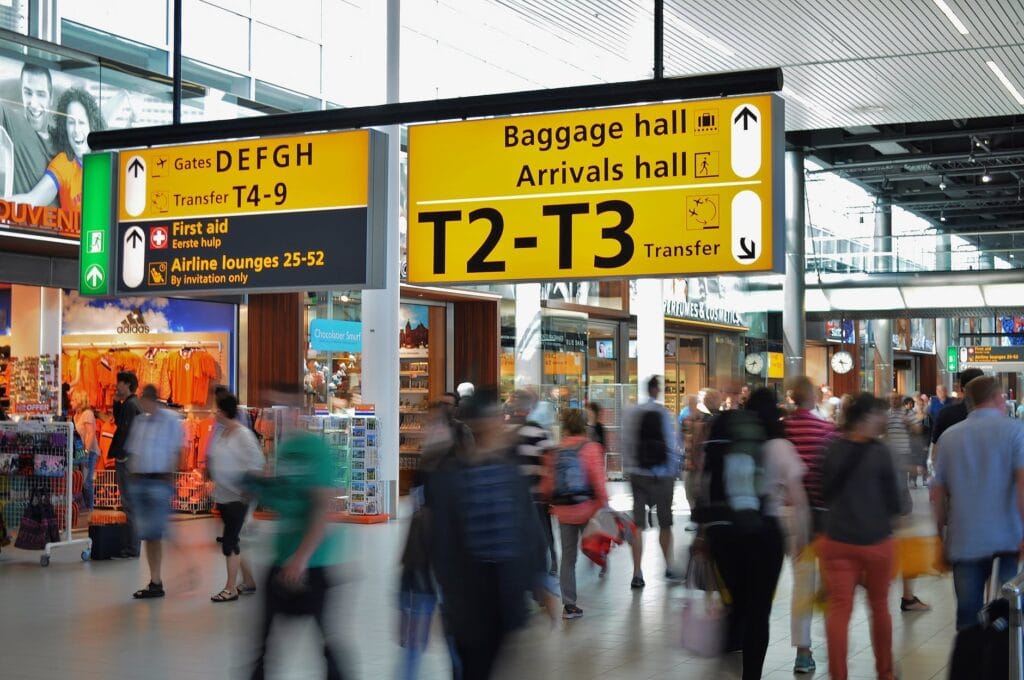apply for a
sponsor licence
Unlock global talent as a licenced sponsor
Before your business can employ skilled workers from overseas, you must apply for a sponsor licence. A sponsor licence is a permission given by the Home Office to an organisation to employ foreign nationals within its business. Becoming a licenced sponsor will enable your business to recruit talent from anywhere in the world.
Eligibility
requirements
To make an application for a Home Office sponsor licence, your company must have:
- An established business presence in the UK.
- A fixed office address.
- The ability to offer genuine employment that meets the skill level and any salary requirements for the route(s) you are applying for.
- A suitable employee to nominate as the ‘Authorising Officer’. This person will take on overall responsibility for the Sponsor Licence but can delegate day-to-day immigration administration to a colleague.
- No unspent criminal convictions for immigration offences or certain other crimes, such as fraud or money laundering.
How to apply
The sponsor licence application process involves:
- Completion of an online application form.
- Submission of supporting corporate documentation such as: latest annual accounts; corporate bank account statement; employers’ liability insurance certificate; VAT registration certificate.
- Confirmation that the company maintains robust HR processes and would therefore be able to comply with the strict reporting and monitoring requirements placed on all sponsors.
- Appointment of people within your business to manage the sponsorship process. Chosen personnel will undergo criminality and other security checks.
- Payment of fee. The cost of a Sponsor Licence depends on your organisation’s size and status.
Types of sponsor licence
The type of licence you need depends on whether the workers you want to fill your jobs are ‘Workers’ for skilled or long-term employment, or ‘Temporary Workers’ for specific types of temporary employment. You can apply for a licence covering one or both types of worker.

How much it costs
The fee to apply for a sponsor licence depends on the type of licence you are applying for and what type of organisation you are.
The cost to apply for a Worker Sponsor Licence is £1,476 for medium or large sponsors, or £536 for small or charitable sponsors.
Processing times
Most sponsor licence applications are dealt with in less than 8 weeks, for an established company that has been trading in the UK for more than 18 months. It may take longer if the Home Office needs to undertake further background checks on your company or conduct a pre-licence visit to your premises.
In cases where a faster turnaround time is required, you may be able to get your application expedited to receive a decision sooner by using the Home Office priority service. The priority service costs an additional £500 and you should get a decision within 10 working days.
note:

The pre-licence priority service is available for eligible applications submitted between 9:00am and 23:59pm Monday to Friday, excluding public holidays.
You can request priority service when you make your online application for a sponsor licence or after you have submitted your application, subject to meeting the eligibility criteria.
How we can help
The sponsor licence application process is complex, and the requirements placed on sponsors are extensive. For this reason, employers are strongly advised to seek support from a qualified immigration advisor before applying for a sponsor licence.
Smith Stone Walters is an OISC regulated immigration practice with over 20 years of experience in corporate and private immigration. We have supported hundreds of businesses through the sponsor licence application process, and our team of immigration experts are on hand to expert advice and assistance throughout the entire process.
note:
This page is intended for informational purposes only. Immigration rules are subject to change and may vary based on your individual circumstances. For up-to-date advice and guidance, please contact Smith Stone Walters.
Frequently asked questions
– Your annual turnover is £10.2 million or less.
– Your total assets are worth £5.1 million or less.
– You have 50 employees or fewer.
You are a charitable sponsor if you are:
– A registered charity in England, Wales, Scotland or Northern Ireland.
– An excepted charity.
– An exempt charity.
– An ecclesiastical corporation established for charitable purposes.
Smith Stone Walters can provide tailored advice and support for businesses with applying for a sponsor licence and maintaining compliance thereafter. To find out how we can help, please contact us today.





